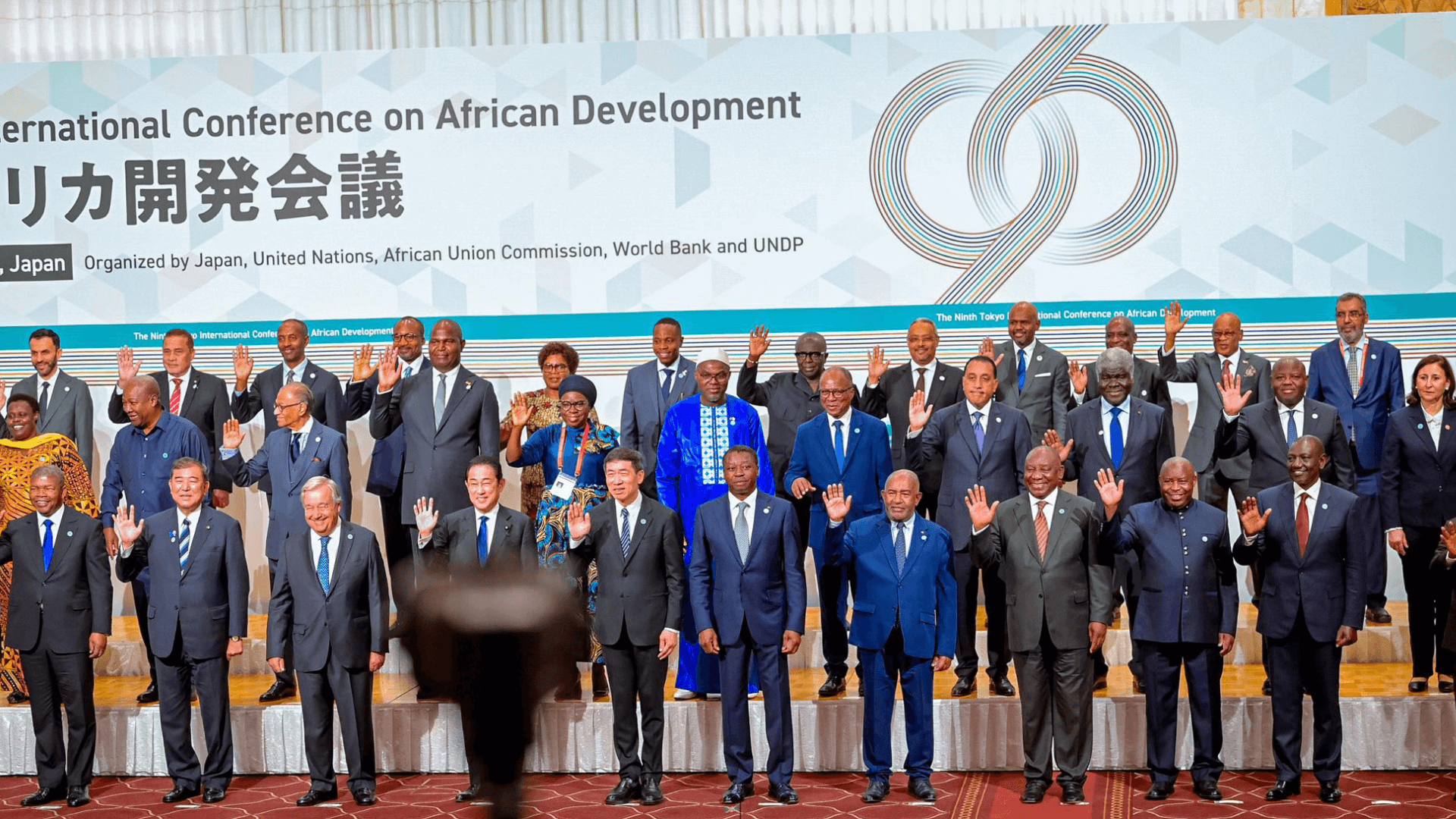From the heart of Japan, Africa’s leaders are striking deals and shaping global policy—on their terms. Tokyo’s new Indo-Pacific–Africa framework signals jobs, technology, and partnerships for a brighter, bolder African future.
Tokyo moves to the forefront as Africa’s strategic ally, advancing a bold vision for connectivity, free trade, and sustainable development while challenging both traditional powers and China’s growing presence.
This week in Yokohama, Prime Minister Shigeru Ishiba hosted nearly 50 African heads of state and ministers for a landmark summit shaping Africa’s future with Asia. As U.S. involvement recedes and China’s influence intensifies, Japan unveiled an ambitious strategy to deepen economic and strategic ties with Africa. Tokyo’s message: Africa’s success is a global priority—and Japan aims to be a reliable partner.
At the Tokyo International Conference on African Development (TICAD), African presidents, business leaders, and global figures like UN Secretary-General Antonio Guterres gathered. This year, Japan is moving beyond traditional aid, focusing instead on trade deals, technology partnerships, and targeted investment based on African priorities.
Prime Minister Ishiba’s standout proposal, the Indo-Pacific–Africa cooperation initiative, centers on the “Indian Ocean–Africa Economic Zone.” This plan aims to reroute the Japanese industry’s trade corridors from India and the Middle East toward dynamic African markets. Key pillars include:
- Building infrastructure to link African ports and transport networks with Asian supply chains.
- Creating free trade corridors that drive local manufacturing and job creation.
- Promoting sustainable development, prioritizing green technology.
- Sharing expertise to help African businesses grow.
As global powers reshape their Africa policies, the summit marks a pivotal moment for African diplomacy. Leaders are pressing for better terms: meaningful technology transfers, greater global influence, and true investments rather than simple resource extraction.
Japan’s approach is about partnership—not paternalism. The commitment: Japanese capital and technology, shaped by African priorities and leadership.
If Japan follows through, African nations could soon see Japanese firms building factories, logistics centers, and innovation hubs across the continent. This would mean more jobs, knowledge transfer, and momentum for economies looking to rebound post-pandemic.
From clean energy to fintech, the aim is for Africa to co-create—rather than just consume—tomorrow’s innovations.
Japan’s gambit in Yokohama is an open invitation for Africa to forge new global partnerships on its terms. For African leaders and entrepreneurs, it’s an opportunity to channel external interest into homegrown progress, building the industries and skills that will shape the continent’s future.
Leave a comment
Your email address will not be published. Required fields are marked *





